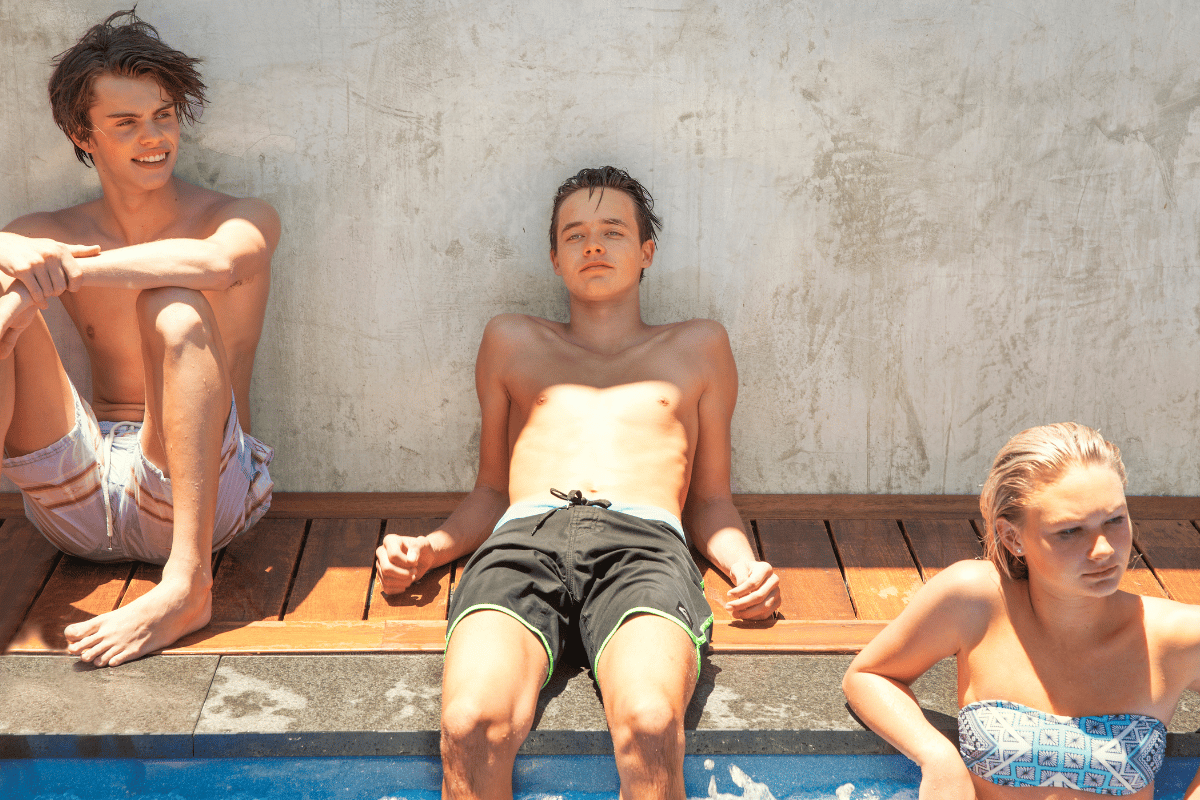
Consent was the topic for one of the segments this week on Parental Guidance, the hit TV show on Channel 9 that puts Australia's parenting practices under the microscope.
In one of the ad breaks, our family began chatting. Within moments, my daughters began describing experiences they'd had where boys had been inappropriate.
"When I was in Grade Four, the boys used to follow the girls around talking about whether they'd have sex with us or not", explained one daughter.
"We've all had unwanted images sent to us", confirmed another.
Then there were the stories about their friends — and other girls — in their grades.
"You'd let me do it if you loved me."
"If you break up with me I'll kill myself."
One of my children told me, "My friend was at the lunch table when some boys sat nearby and began talking about her.
"They described sex acts they thought she might have been doing on the weekend just gone, and then started to talk about what they'd like to do the following weekend to her."
"What grade was this?" I asked.
"Fifth grade."
Listen: Cathrine Mahoney On The Teen Years And The Parenting 'Lasts' You Don't See Coming. Post continues below.
It's everywhere.
A quick browse of any mainstream news outlet provides weekly descriptions of sexualised behaviour.
- Boys sharing racist content.
- Boys sharing anti-Semitic memes.




























































































